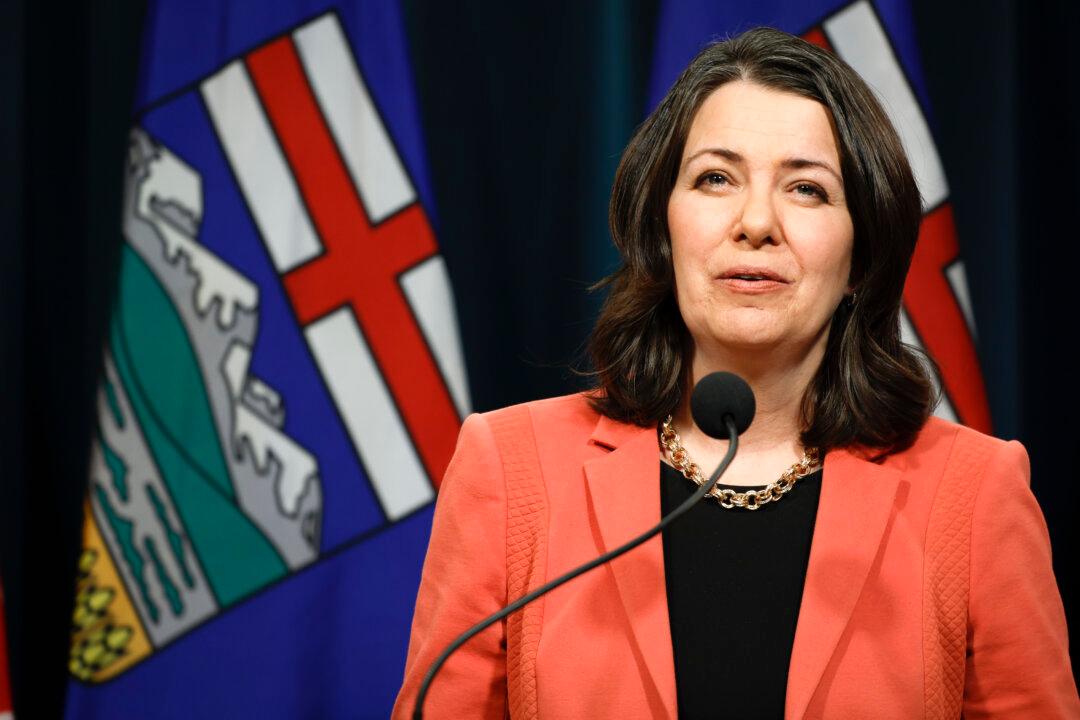Alberta Premier Danielle Smith says 2024 was an unpredictable year that left key issues like power grid instability undiscussed while bringing new issues such as trade tariffs and AI data centres to the table.
In a Jan. 2 episode of the provincial news program Alberta Update, Smith spoke about the challenges her government faced last year and what lies ahead for her province and the country in 2025. She said the new AI data centres and U.S. trade talks drew attention away from issues that had been critical in early 2024.





